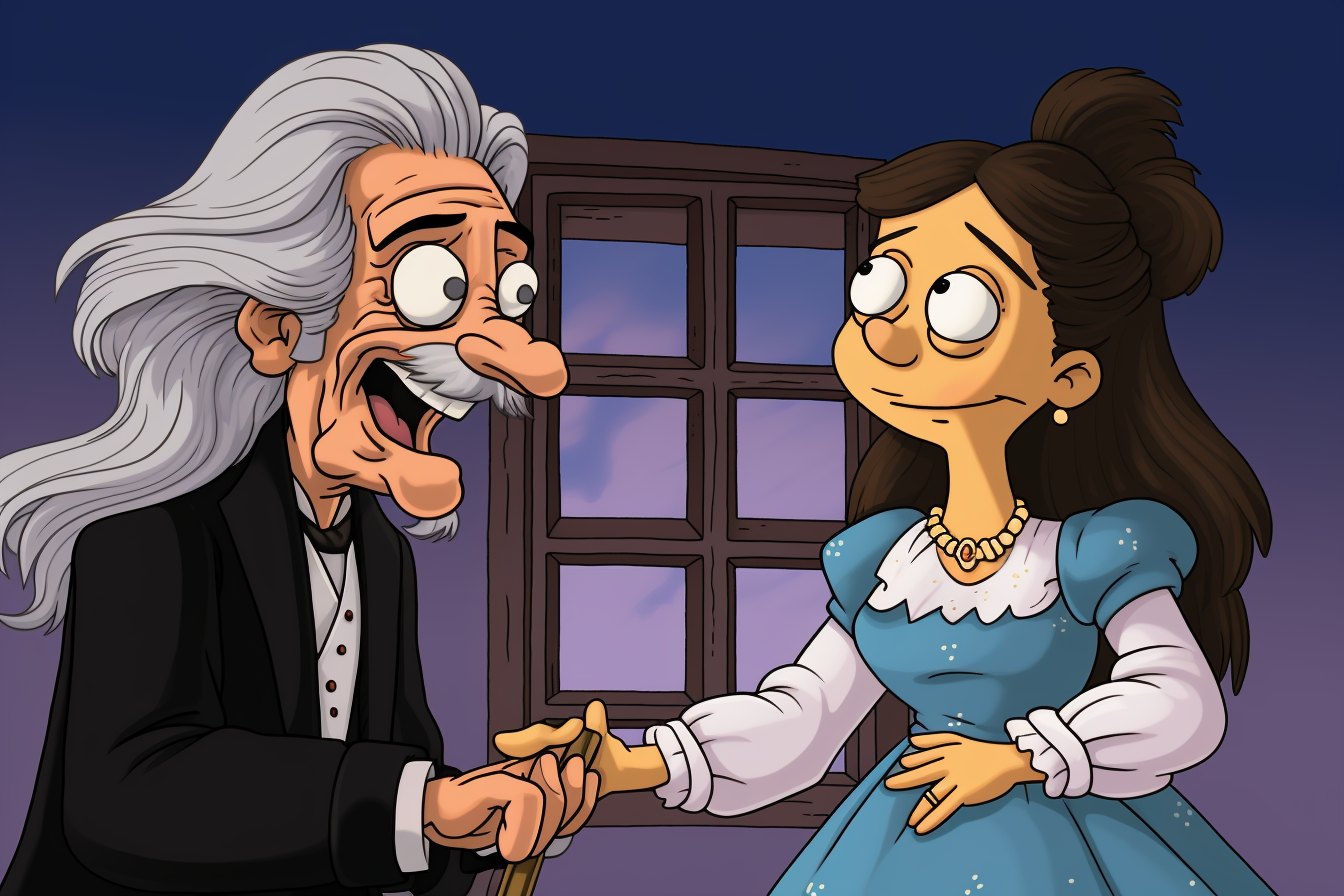Who is Molière mocking?
tldr;: the enduring appeal of Molière’s plays lies in their ability to serve as mirrors reflecting universal human flaws and shortcomings. The humor in Molière’s characters, often perceived as mockery, actually prompts self-reflection and self-awareness, offering a form of absolution for common human imperfections.

One aspect of teaching Molière’s plays in schools is based on the archetypal nature of his most caricatured characters. The archetype of a given subject relies on a strong, characterized, recognizable representative image.
According to textbooks, the humor in Molière’s plays comes from the absurdity of characters with exaggerated traits. They are old, irritable, authoritarian, but above all, obsessive, often gullible, and always ridiculous. Harpagon for his greed, Géronte for his intransigence, Argan for his hypochondria and unwavering faith in quack medicine. And many others.
The spectator or reader laughs at the expense of the character, the target of their judgment, and constructed for this purpose by the author. A somewhat ungenerous laugh, a schoolyard laugh where we mock the weaker, the dumber, the older, the more ridiculous with a certain amount of malice.
But this type of humor cannot explain the timelessness of Molière’s works. Ridiculing others is childish and bitter. It destroys empathy.
If we return to the notion of archetype as an essential and universal trait of the collective unconscious Jungian archetypes, it seems far more likely that we are actually laughing at ourselves, at our less admirable traits and buried faults. It’s a nobler, thankfully, self-deprecating laughter that shines a light on our internal psychology. The archetypes in Molière’s plays are a mirror. We revisit and reread and continue to teach Molière because we are the subjects of his plays.
- Who among us has not been obsessed with overly meticulous accounting, among friends, while shopping, …?
- Who among us has not scrutinized their slightest ailment, pain, button, or internal rumble, interpreting it as the inevitable sign of an future cancer?
- Who among us has not been too rigid, strict, uncompromising, or incapable of empathy towards loved ones at one time or another?
- Who among us has not been credulous in the face of a proposal that turned out to be too good to be true?
But failing to really admitting it clearly afterward. Although not that dreadful, these behaviors don’t really highlight us.
Reading these Molière plays carefully in order to adapt them into modern French, I realize with amusement that these caricatured characters also exist within me. I find myself, unintentionally, playing these famous scenes in real life. The quarrel scene between Sganarelle and his wife Martine is a recent good example. I am also not a stranger to nitpicking over pennies from time to time.
Molière’s humor sometimes borders on the grotesque, with scenes of beatings or vaudeville with situations. But what makes Molière’s plays such classics, centuries after their publication, is primarily, it seems to me, their role as beneficial mirrors. They offer us absolution for our very human lapses.
This is a GPT supported translation of De qui Moliere se moque-t-il ?